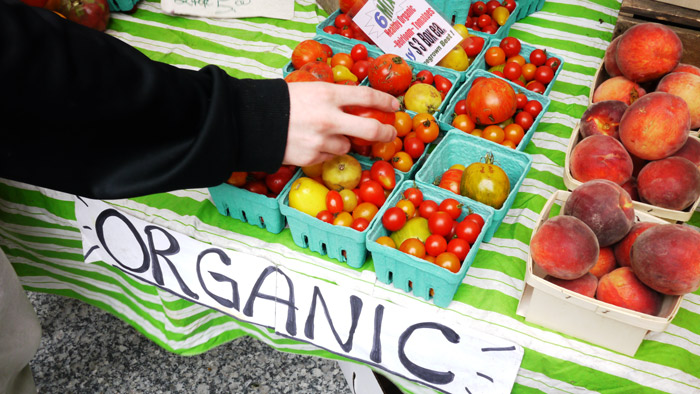
Chemicals and preservatives are great for the food business, extending shelf lives and making produce look colorful and nice. We have a choice though. Organic products are everywhere now, with demand for clean eating increasing everywhere. Countries across the world are beginning to ban the use of chemicals on food. Nutrition advice can be confusing, but it can be broken down to a few universal truths. Simply put, eat fresh real food that is produced naturally.
Food and its distribution is big business, and like any service we sign up for, it’s important to have a little bit of knowledge on the product you’re buying (and actually ingesting!). Chronic diseases like obesity, diabetes, heart disease, and cancer are reaching record numbers. Everything that we ingest has an impact on our hormones, immune system, and the ability to build and repair vital cell structures.
This is a quote from the USDA website, which outlines the benefits of going organic quite well:
“The USDA organic regulations describe organic agriculture as the application of a set of cultural, biological, and mechanical practices that support the cycling of on-farm resources, promote ecological balance, and conserve biodiversity. These include maintaining or enhancing soil and water quality; conserving wetlands, woodlands, and wildlife; and avoiding use of synthetic fertilizers, sewage sludge, irradiation, and genetic engineering.
Organic producers use natural processes and materials when developing farming systems—these contribute to soil, crop and livestock nutrition, pest and weed management, attainment of production goals, and conservation of biological diversity.”
To summarize, organic food production is cleaner, healthier, creates fewer toxins, and promotes long-term balance for soil, water, and the environment. If you can, buy organic. Even better, buy local and organic.
If, for whatever reason, you can’t:
Here’s a list of fruits and vegetables that you absolutely should buy organic. The Environmental Working Group (EWG) labels them the “Dirty Dozen” list, which are the foods tested that contain the most pesticide residue. At least get these organic!

